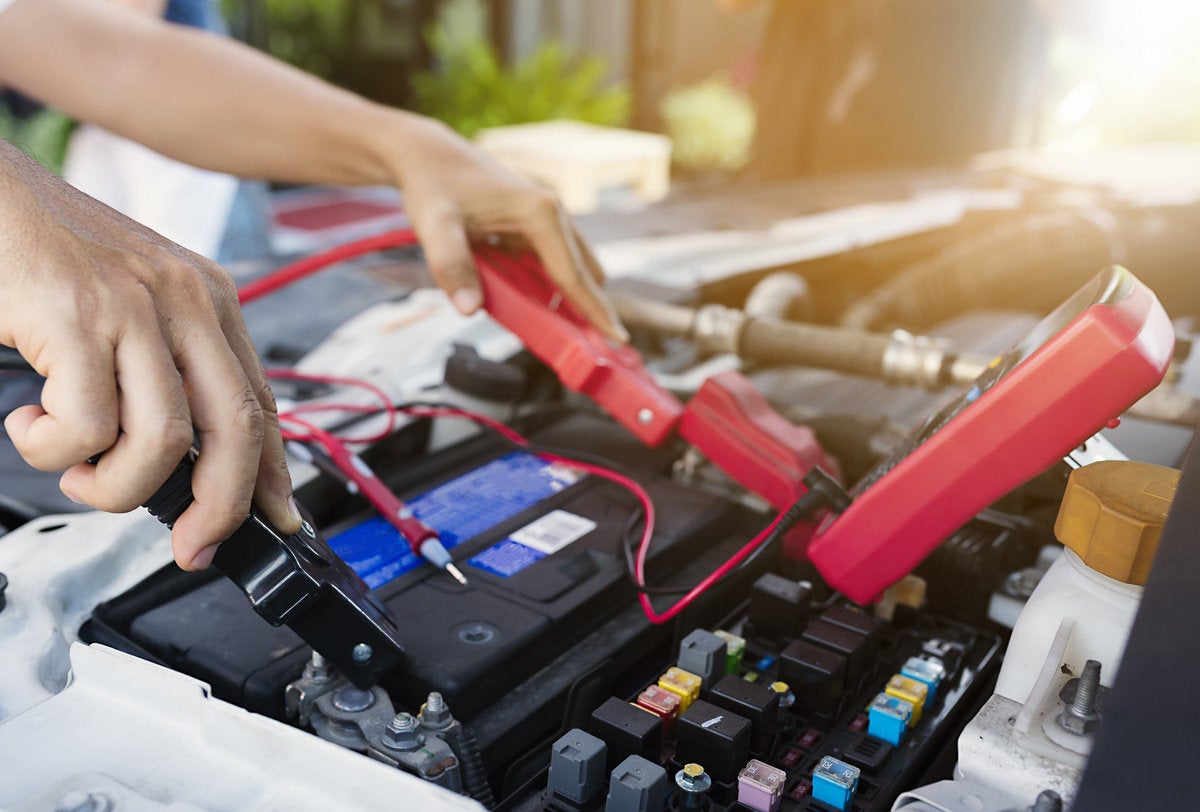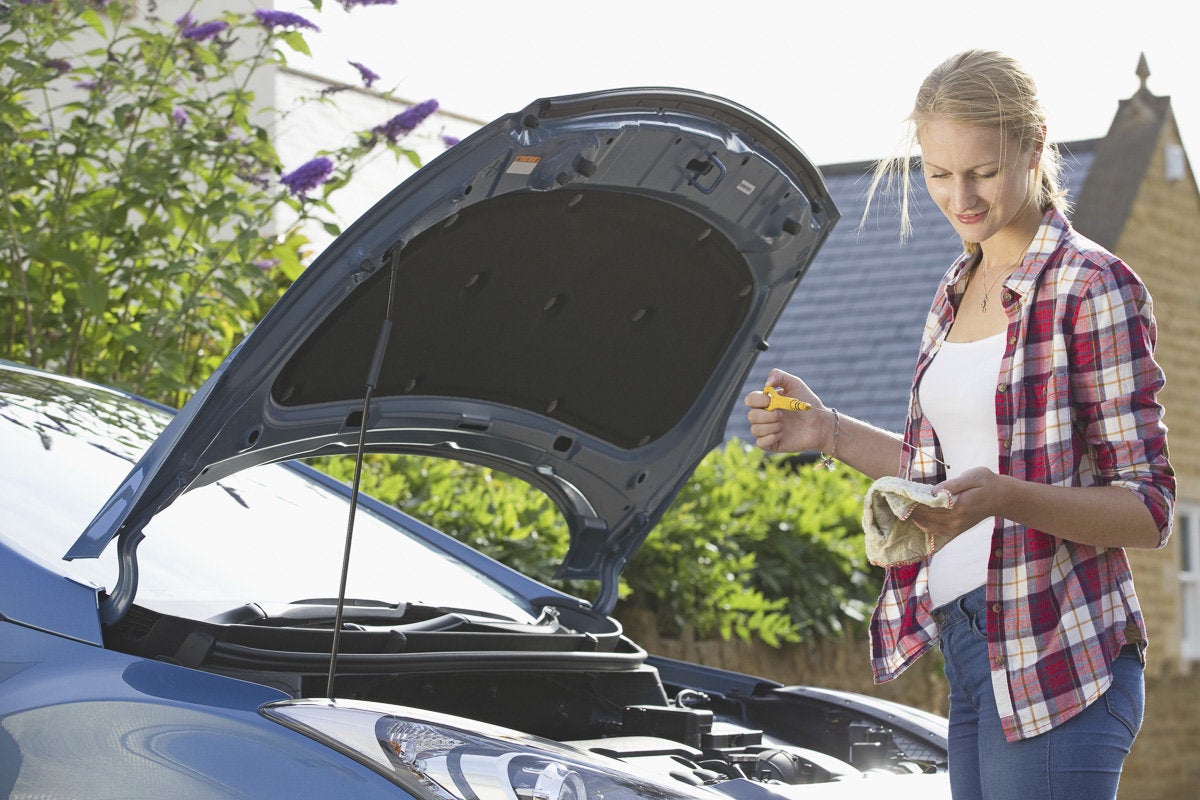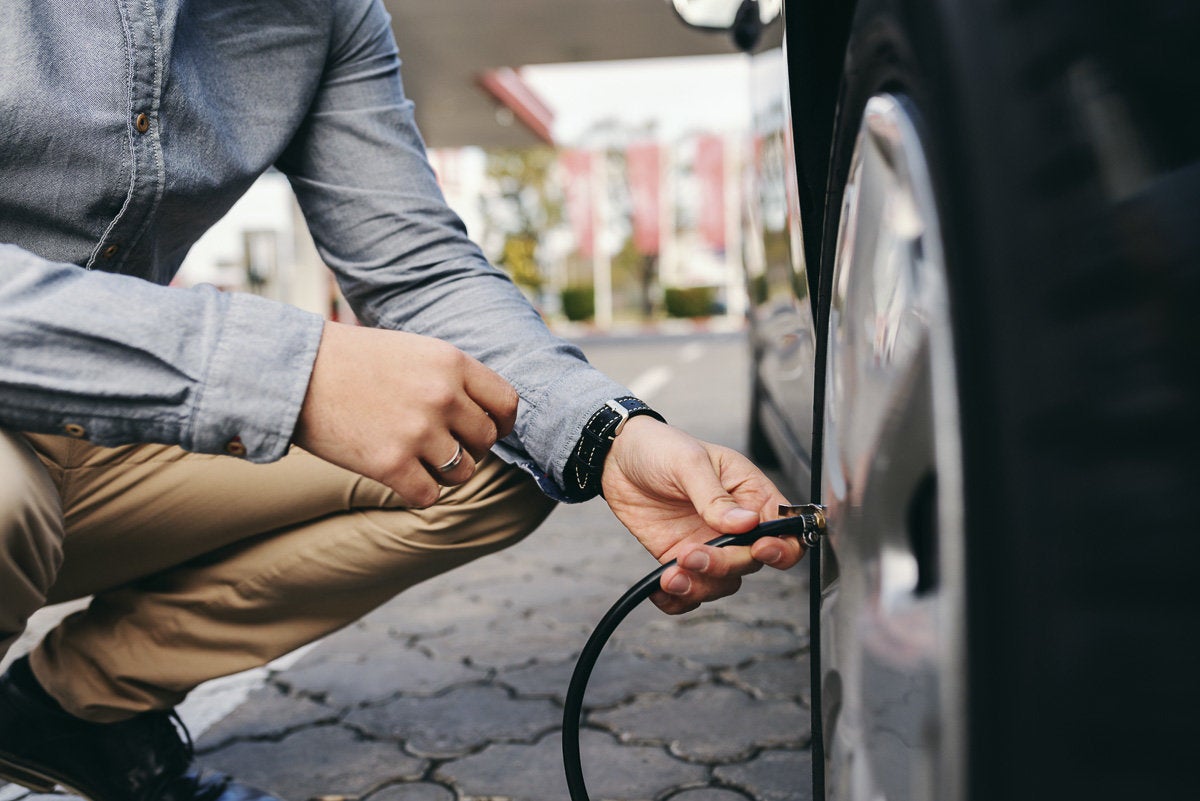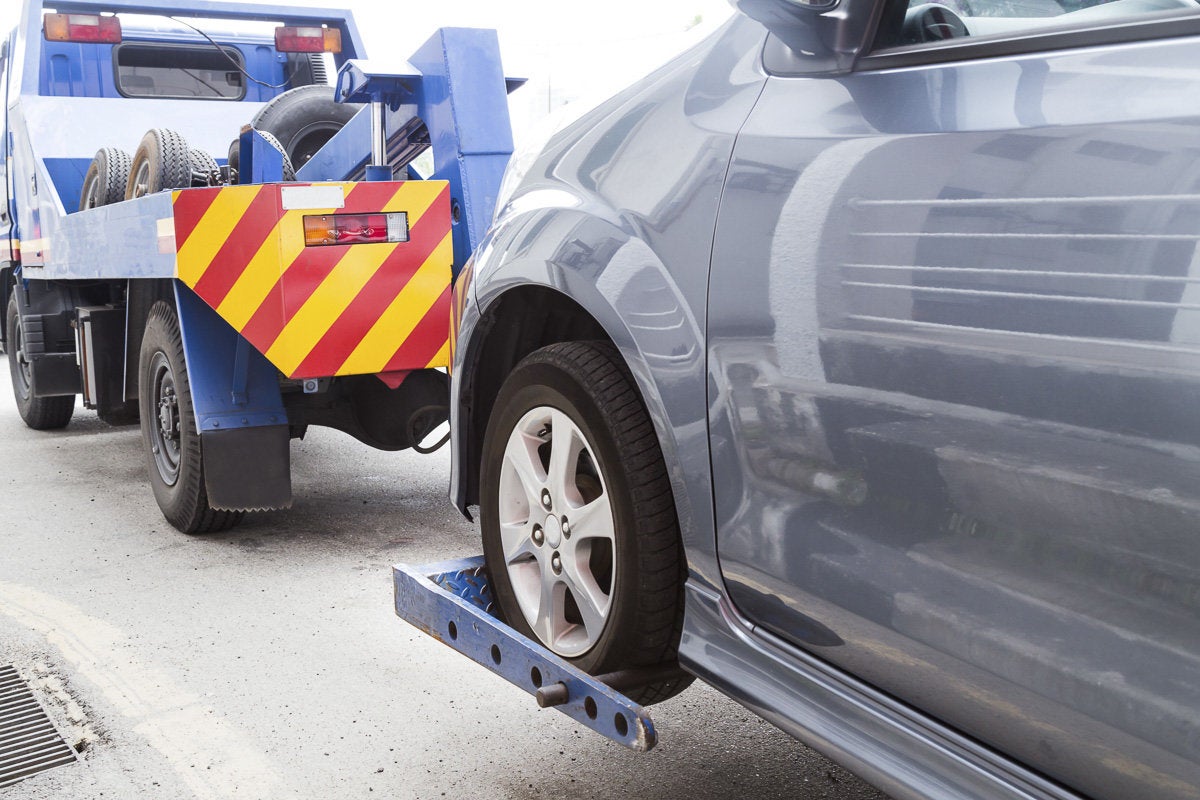The coronavirus crisis has changed the daily routines of so many Americans in so many different ways. One of the shifts that have occurred for many people is that their car usage will have been cut down from the usual whenever-wherever basis to essential journeys only. For those on full lockdown, it might be that their car isn’t getting any use at all.
Whatever the case, and even as travel restrictions begin to be eased, it is important to keep your car maintained in good working order, to ensure it can be relied upon when you need it.
Why Not Using Your Car Can be a Bad Thing

You might assume that not using a car is good for it. After all, there’s no wear and tear, which in turn must surely reduce the chances of things going wrong. Truth is, however, that cars are built to be driven—and when they’re not, problems can arise.
For example, brake discs can begin to corrode, and will eventually seize; tires lose pressure which can lead to flat spots; and batteries can drain, which can, in turn, have an impact on a car’s many and varied electronic systems. By tending to issues such as these, you can save yourself a headache further down the line.
In an ideal situation, a car that’s not being used should be stored in a dry garage and attached to a trickle charger that keeps its battery in prime condition. The reality for many people, however, is that this simply isn’t possible. That’s not to say there aren’t still steps you should take to keep your car functioning.
Practical Tips for Maintaining Your Car During COVID-19

Rolling your car forwards and backward by a few meters once a week will help to stop the tires developing flat spots, and will prevent the brakes from seizing. Over-inflating your car’s tires by 10% or so will also help to stop flat spots developing, but it is critical that you revert to normal pressures before you drive the car again. While looking at the tires, examine the general condition and ensure there's sufficient tread depth.
If your car is parked on private land, such as a driveway, and the ground is level, leave it in Park (or in first gear if it’s a manual) and release the parking brake. This will stop the parking brake binding on if the car isn’t used for a prolonged period.
Perhaps the most obvious sign of a car that hasn’t been used, though, is a flat battery. This happens because even when a car is switched off, it will be running electrical systems, such as alarms, that place a slow drain on the battery. Over time, and particularly in cold weather, this can flatten the battery to the extent that it doesn’t have enough charge left to start the engine.
To prevent this from happening, run your car and let it idle for 15 to 20 minutes once per week or so. Not only will this help the battery, but it will also allow fluids such as oil and coolant to circulate around the engine. Once the engine has been running for a couple of minutes, switch on the air conditioning system; the circulating air will help to prevent the build-up of mold in the ventilation system, as well as keeping seals lubricated.
Other Basic Maintenance

While garages and auto-repair shops mostly remain open during the coronavirus crisis, many are asking customers to schedule appointments in advance and implementing steps to ensure social distancing rules are adhered to. As such, it’s a good time to put into place any basic car maintenance that you do yourself.
Check your car’s handbook and look under the hood to see where the windshield wiper fluid reservoir is. Check that it’s fully topped up, and if not, add some specialist windshield wiper fluid, which can be bought online (follow the instructions on the bottle about how to dilute it). Don’t add just water, as this will freeze in winter and could damage hoses.
While under the hood, check the levels of the engine coolant, oil, and brake fluid. If any are low, top up with whatever is recommended in the handbook. If you don’t have the car’s handbook, try calling an auto-parts store and asking for advice, or use an online owners’ club or forum.
With the engine running, you should check headlights, sidelights, brake lights, and indicators are working.
Servicing Your Car During the Coronavirus Crisis
Many modern cars will have a service light or service warning that illuminates on the dash to alert you when it requires attention. If you own an older car, its servicing schedule should be detailed in the handbook.
While the coronavirus crisis has resulted in many showrooms either closing or moving online. Most states have allowed auto repair shops (including those at dealerships) to remain open. In theory, that means you can continue to get your car serviced as normal. However, it is worth contacting the garage or repair shop beforehand to ensure it’s open and what social distancing measures it has in place. Alternatively, you might decide to put off having your car serviced while things are so uncertain. If you’re concerned that doing this might affect the car’s warranty, contact your dealer or the manufacturer itself for information on any changes it has put in place to accommodate this.
What to do if your Car Breaks Down During Lockdown

AAA and other breakdown recovery services continue to operate during the coronavirus crisis. Note, however, that because the cab of a tow truck is too small for social distancing, AAA will transport your car but asks drivers to find alternative transport. Once your car has been recovered—and assuming all necessary parts are available—repair shouldn’t be a problem because garages and service workshops are also open.
You will though most likely need to observe social distancing at any shop you visit, and depending on how carefully the shop is following CDC prevention guidelines, you might want to disinfect your car after it’s been repaired.
Related Topics:
The Centers for Disease Control and Prevention has assembled an index of coronavirus information that includes information on how to tell whether you have COVID-19 and how to protect yourself from getting it. The CarGurus Dealer Blog has a dedicated COVID-19 resource section.
COVID-19 Drives Automakers to Offer Low-APR Deals and Deferred Payments
What Should American Drivers Know About the Coronavirus?
How to Clean Your Car to Help Prevent the Spread of COVID-19
Read More CarGurus Tips and Advice
Updated on: May 28, 2020
